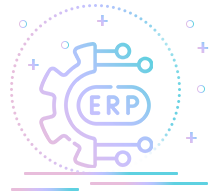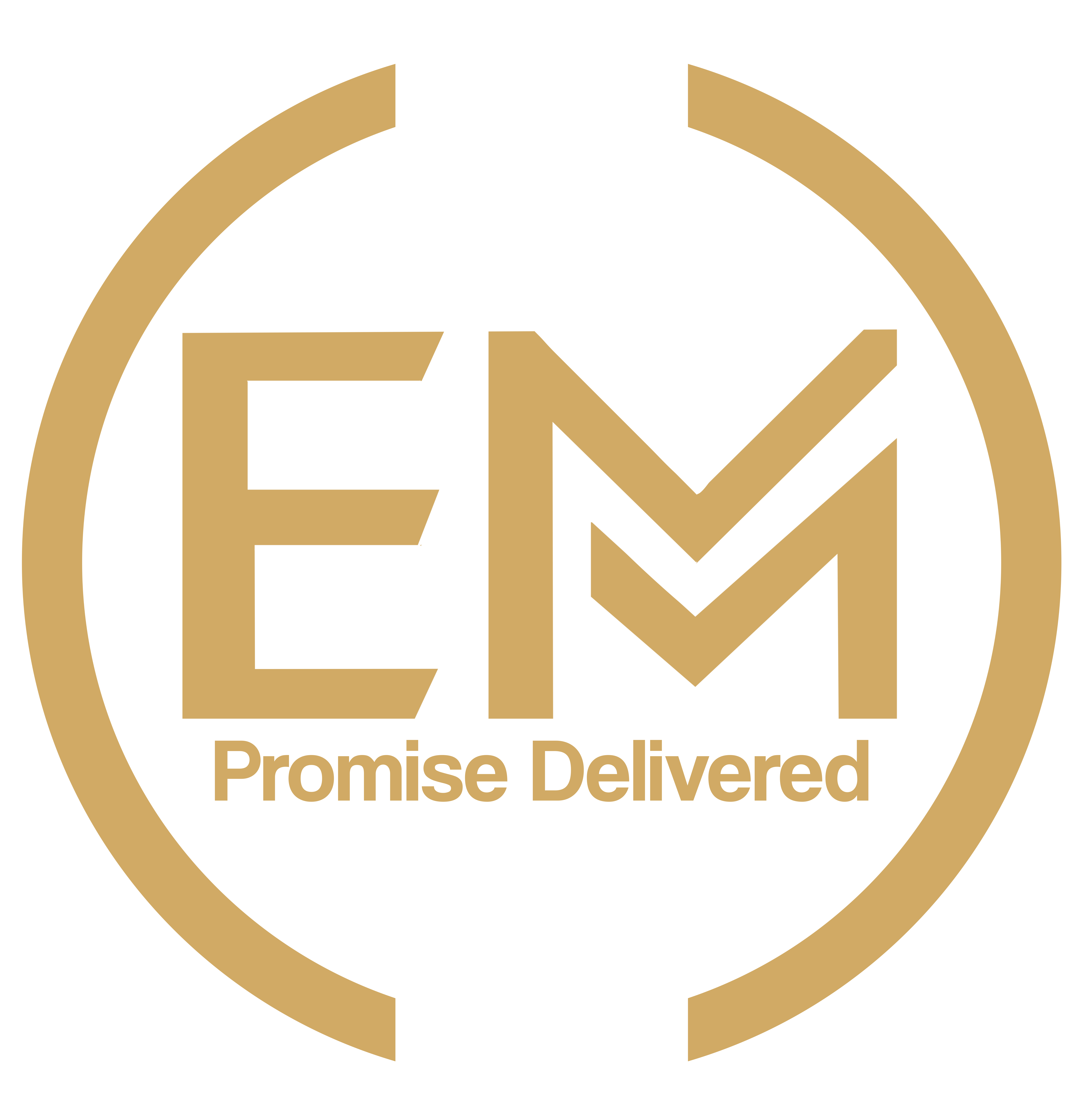What Is Supply Chain Management?
A supply chain is an integral part of any business dealing with exchanging the good or services. Therefore with the growth perspective, it is crucial for every business to the mange supply chain.
Every business can benefit from proper control of the supply chain. It aims to improve the processes found at every stage in the supply chain to ensure that consumers get the exact amount of the right product at the appropriate date. If you can keep your promises, you’re more likely to win future business with your clients and keep your competitive edge in the marketplace.
Supply chain management software is considered efficient only if it is capable of balancing between supply and demand. It should decrease the amount of waste, elevate the profits, reduce cost, and ensure that the product is delivered on time. It can be divided into five stages that are:
- Create a plan to meet customers’ demands.
- Select the vendors.
- Manufacturing the products.
- Delivering the end products.
- Managing the returned or defective products.
Tell Us About Your Project
Types of Supply Chain Management Software

Inventory Management
It is used to track and manage the inventory of materials in raw form, stock items, and spare components. This feature can also assist in the direction of assets, barcode integration and future list, and price forecasting.

Order Management
It is for automating purchase order processes. For instance, creating order tracking and monitoring purchase orders, scheduling supplier deliveries, and establishing product pricing and configurations.

Shipping and Logistics
The system is required to coordinate with the transport channels, enhancing delivery performance and increasing customer satisfaction. Warehouse management features can aid in organizing storage and labelling, labour management, and much more.

Forecasting
It is a method of anticipating customers' demand and planning production and procurement processes in line with it. Effective forecasting can eliminate the necessity to purchase unneeded raw materials or keep surplus finished goods on shelves in warehouses, thus decreasing cost.

Management of Returns
To inspect and handle defective or damaged products and processing reimbursements or insurance claims.
Need help? Then you just need to tell us.
Connect with our experts to get a free consultation
Why Choose us
Benefits of Supply Chain Management System
Numerous benefits can be achieved by supply chain management ERP. Some of the benefits are listed below:

With SCM ERP software, you can predict the demand of the customers in a better way.

The risk management, predictive analysis, and supply chain visibility get better.

Process management gets better, and inefficiencies due to manual processes decrease.

Reduction in Product wastage and improvement in product quality.

Environmental and societal Sustainability increase.

Better flow of cash.

Better and efficient logistics.

Our Clients
























Why Does Supply Chain Industry Need ERP Solutions?
The ERP system makes it simpler for companies to assess their respective service providers’ qualitative and quantitative aspects and indicators. In turn, ERP systems help to make better-informed business choices and boost performance in today’s market.
Making the switch into an integrated SCM ERP provides you access to the latest information about an organization’s Supply Chain performance. This allows decision-makers to better monitor the movement of goods and inventory and use this data to increase the efficiency of operations.
Businesses that use multiple stand-alone supply chain management systems gain by the integration and use of ERP systems. These systems allow open access to the inventory, finance, and manufacturing information needed to develop top-quality performance SCM processes. There are no strict and easy rules to choosing the right system to implement; however, your company’s particular requirements must be considered before making a final decision.
The organizations that implement an ERP system should gather information using an overview of their workflows and processes. This information could be utilized to develop efficient and effective SCM processes.
Features of Our Warehouse Management Software

Processing of Shipping
The ERP system will generate invoices sent to the customer after the product has been delivered to them. The software also keeps a total shipping and delivery information archive to ensure that deliveries are made on time. The ERP software is also customized to conduct quality assurance tests on the packaging while solving conflicting resources.

Controlling Procurement SCM Based ERP Systems
SCM-based ERP systems assist in managing the procurement of raw materials and resources relevant to the supply chain. With ERP processes, things like the management of warehouse resources, the transport of materials, and communications with vendors can be made easier or automated to speed up processes to increase efficiency.

Demand-Counting
One of the numerous automated features that help streamline the SCM process is that ERP solutions can create demand when they receive orders. When an order is accepted and processed, the ERP software can implement the job schedule. This helps plant managers who have real-time data on the resources utilized in the course of their duties. Furthermore, it allows them to effectively plan when the product will be available for delivery while ensuring that the production schedules are in line with the demand.

Production Information
ERP software can expedite manufacturing processes throughout the supply chain, from preparing the bill of material (BOM) to providing actual-time information for mechanical and labor sources. The ERP software also records shipping documents to minimize mistakes and ensure prompt delivery of your product. If there are last-minute changes needed for specific orders or jobs, it is easy to implement an ERP solution.



